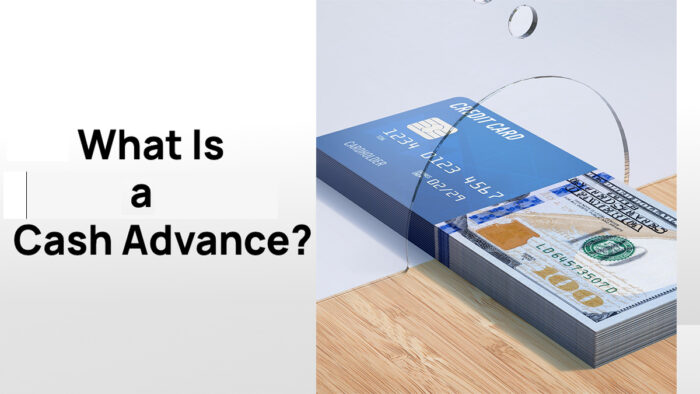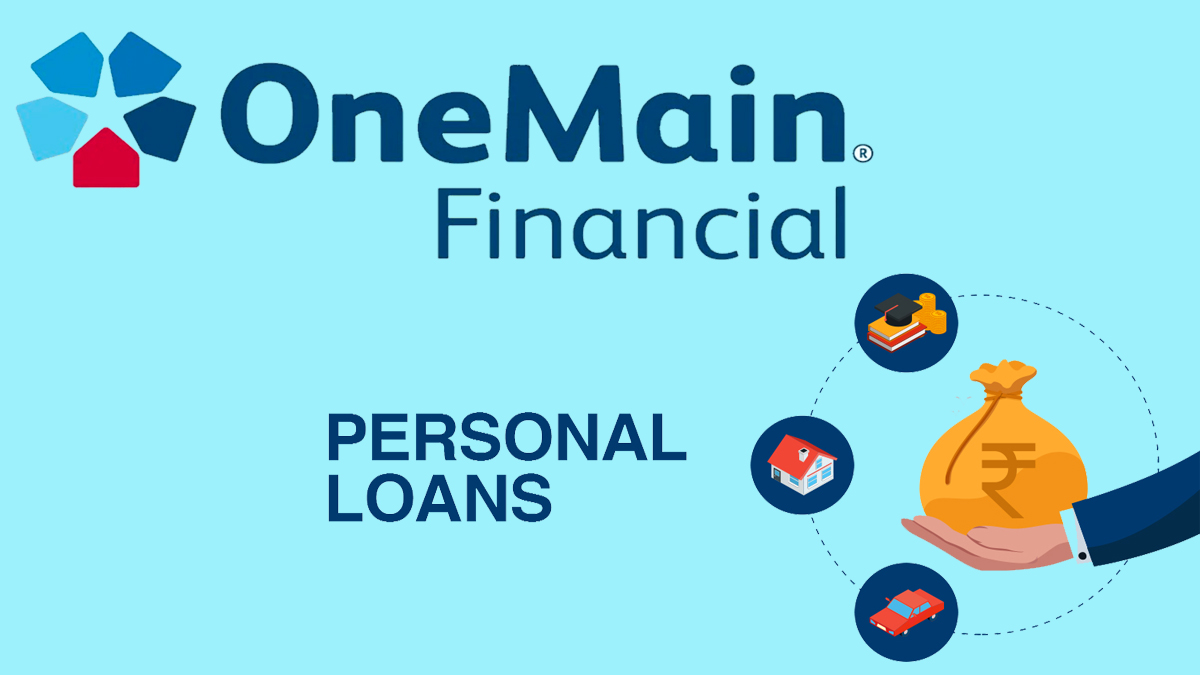A cash advance is a type of short-term loan that allows you to borrow money against your future earnings. It’s typically offered by credit card companies, and the amount you can borrow is usually limited to a percentage of your credit limit.

Cash advances usually come with high fees and interest rates, so they should only be used as a last resort. One important thing to know about cash advances is that they typically have a much higher interest rate than regular credit card purchases. For example, while your credit card may have an interest rate of 15-20%, a cash advance may have an interest rate of 25–30%.
Cash advances can only be helpful in an emergency, but they should be used with caution. One reason to be careful is that they can be easy to abuse. Because they’re so convenient and fast, it can be tempting to use them to cover everyday expenses or impulse purchases.
However, doing so can quickly lead to debt and financial trouble. Another downside to look at is that they can affect your credit score. Because they’re considered riskier than regular credit card transactions, they can lower your credit score if you carry a balance.
Types of Cash Advances
Cash advances can be a helpful tool in certain situations, but it’s important to understand the different types before you decide to use one. Here are the different types of cash advances.
- Merchant cash advances: Extend funds to businesses that need access to cash quickly, and they’re typically repaid with a percentage of the business’s future credit card sales.
- Credit card cash advances: These are offered by most credit card companies. They allow you to withdraw cash at an ATM or get a check from your credit card company.
- Payday loans: Payday loans are short-term loans characterized by a high interest rate and are paid on the borrower’s next payday. They have very high rates and fees and can be difficult to pay off.
With this information in mind, you can make an informed decision about which type of cash advance is right for you.
How Does a Cash Advance Work?
When you get a cash advance, you’re essentially borrowing money from your bank account or credit card. The amount you can borrow will depend on the type of cash advance and credit limit. Most cash advances have high interest rates and fees, and they may also come with a condition, such as origination fees or prepayment penalties. Here are a few different ways to get a cash advance.
- Withdrawing money from an ATM with your credit card.
- Taking out a loan from a bank or credit union in person.
- Using the convenience checks that come with your credit card, which can be used to write a check to yourself, you can either deposit or cash it.
- Using a peer-to-peer lending platform
In general, it’s best to only use a cash advance if you really need the money and you’re confident you can pay it back in a timely manner.
Cash advance Pros and Cons
Pros
- Fast and easy access to cash: One of the main benefits of cash advances is that they’re easy to get, and you can get your money quickly. Most cash advance services will have your money in your account within 24 hours.
- No need for a good credit score: Unlike other types of loans, you don’t need a good credit score to qualify for a cash advance.
- Can be used for any purpose: You can use them for any purpose. Whether you need to pay for
If you have unexpected expenses or just need some extra cash to make ends meet, a cash advance can help.
Cons
- High interest rates and fees: One of the biggest drawbacks of cash advances is the high interest rates and fees. These can make it difficult to repay the loan and can quickly add up.
- May impact your credit score: Another downside of cash advances is that they can negatively impact your credit score.
- It may have strict repayment requirements, which can make it difficult to pay back the loan on time.
What to Consider Before Taking Out a Cash Advance
Your financial situation: Before taking out a cash advance, you should carefully consider your financial situation. Do you have a steady income? Are you able to repay the loan within the required timeframe? If not, a cash advance may not be the best option for you.
The cost of the loan: Cash advances typically come with high interest rates and fees, so it’s important to make sure you can afford to repay the loan. Consider the total cost of the loan, including all fees and interest charges, before you decide to take it out.
FAQs
What are the requirements for getting a cash advance?
Requirements may vary depending on the lender, but common prerequisites include having an active credit card with available credit or a steady income source. Some lenders may also consider your credit history or employment status.
How much can I borrow with a cash advance?
The amount you can borrow depends on your credit limit or income, as well as the lender’s policies. Cash advance limits are often lower than credit card spending limits and may vary from one issuer to another.
What are the costs associated with cash advances?
Cash advances typically come with fees, such as a flat fee or a percentage of the amount borrowed. Additionally, interest accrues from the day you receive the advance, usually at a higher rate than standard credit card purchases. It’s essential to check your cardholder agreement or loan terms for specific details.
Can I use a cash advance for anything?
You can generally use cash advances for various purposes, such as covering emergency expenses, paying bills, or making purchases where credit cards are not accepted. However, it’s crucial to use them responsibly due to their high costs.
What are the alternatives to cash advances?
Instead of taking a cash advance, consider other options like using savings, borrowing from friends or family, negotiating payment plans with creditors, or applying for a personal loan with lower interest rates and fees.
Are there any risks associated with cash advances?
Yes, there are risks involved, primarily due to the high costs and potential for debt accumulation. Using cash advances frequently can lead to financial strain, especially if you struggle to repay the borrowed amount plus fees within a short period of time.
How do I repay a cash advance?
Cash advances are typically repaid through your credit card statement or deducted directly from your bank account, depending on the lender’s terms. It’s crucial to make at least the minimum payment on time to avoid additional fees and interest charges.
Are cash advances a good idea?
Cash advances can be useful in emergencies but should be approached with caution due to their high costs. It’s essential to explore alternative options and consider the long-term financial implications before deciding to take a cash advance.



